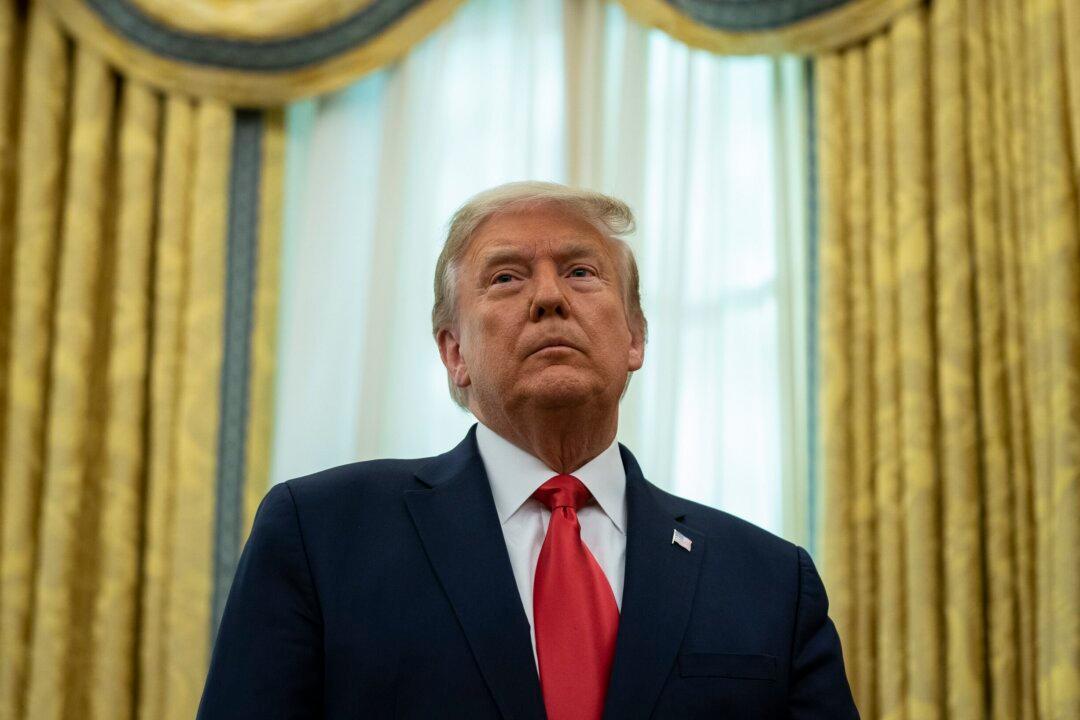President Donald Trump is going to veto the annual military authorization bill because it doesn’t address the federal law shielding technology companies from most lawsuits.
Sen. Jim Inhofe (R-Okla.), the lead negotiator on the bill, the National Defense Authorization Act, announced Thursday that he reached an agreement with Democrats on the specifics of the 2021 bill.





